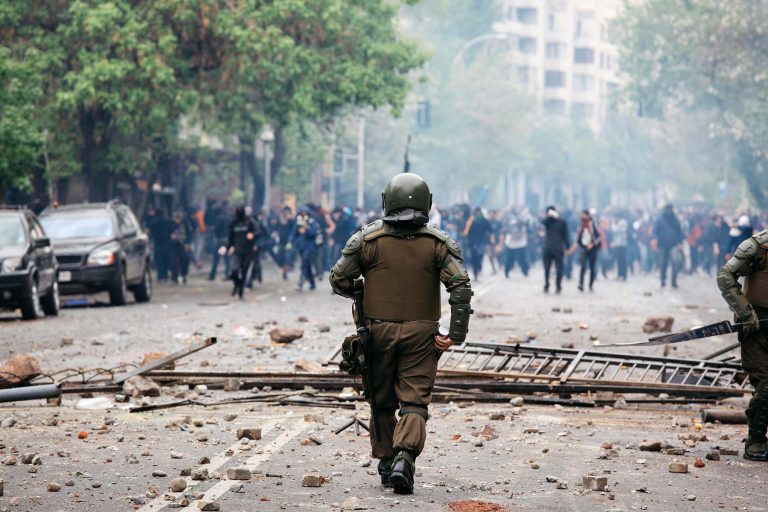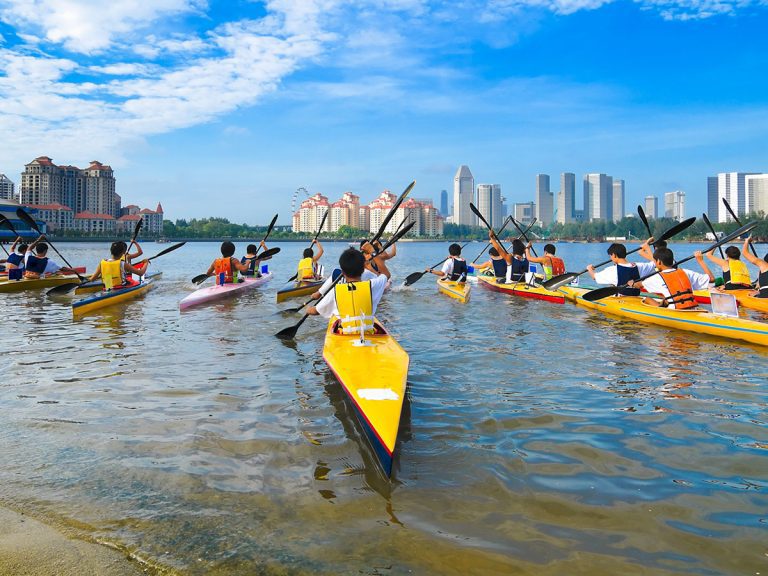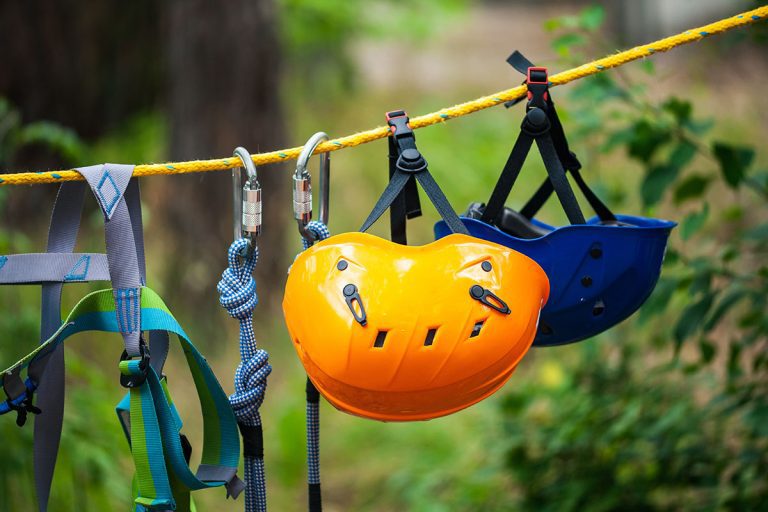Aventure Écotourisme Québec offers a long-standing and well-developed safety accreditation program for adventure tourism providers in Quebec.
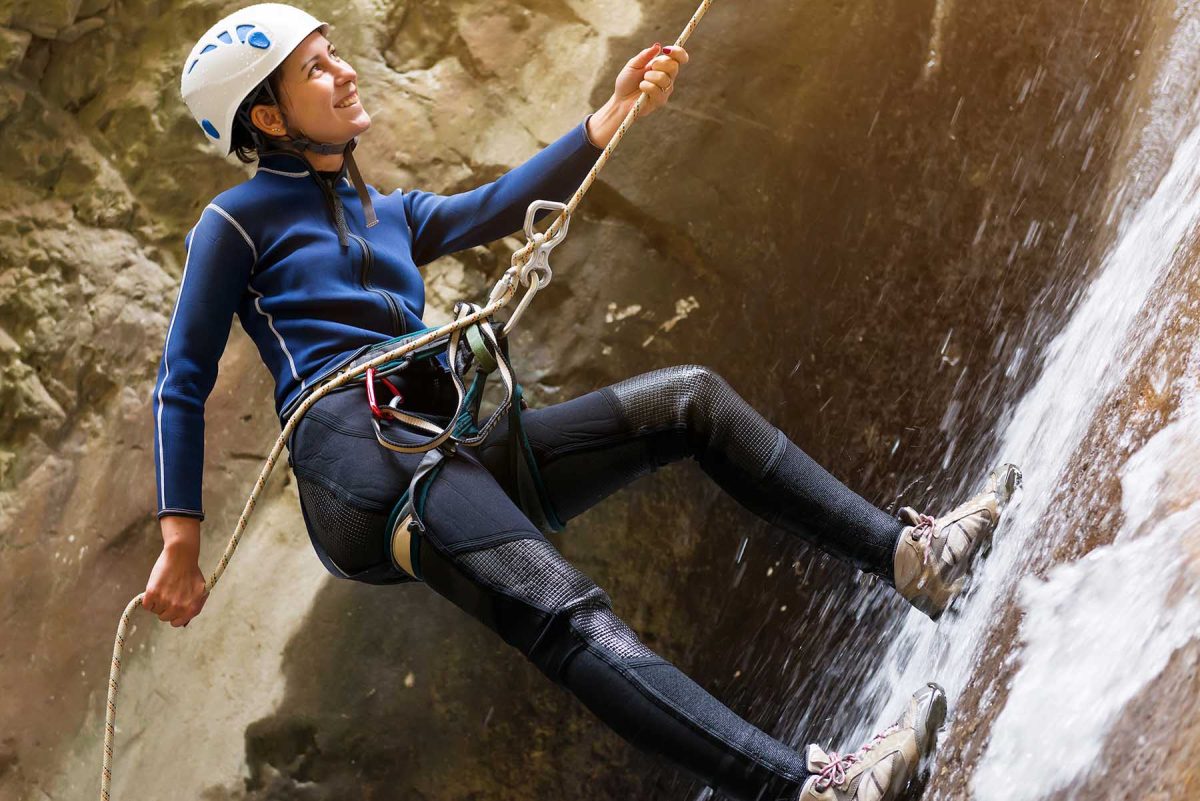
Raphaël Bernier was a happy child who loved water. On July 24 2002, the five-year-old Raphaël and his family took a guided canoe trip on the sparkling waters of the Nouvelle River, in the Gaspé Peninsula region of Quebec, Canada.
Raphaël’s boat hit a logjam, and capsized. Still wearing his life jacket, Raphaël became trapped underneath the overturned boat, where he remained for more than 30 minutes. A dangerous vortex under the logjam made reaching him unsafe. His parents and his aunt, a gold medal-winning Olympic diving champion, were unable to save him.
The coroner’s investigation concluded that the guide aboard the boat did not have the training required to help Raphaël. The coroner made 33 recommendations in her report, including that a risk management guide be implemented, that adventure guides be required to go through technical training, that a mechanism for inspection of adventure providers be established, and that adventure providers be accredited.
In 2004, in response to the report, Aventure Écotourisme Québec (AEQ), Québec’s adventure ecotourism association, developed a quality and safety accreditation program for adventure tourism providers.
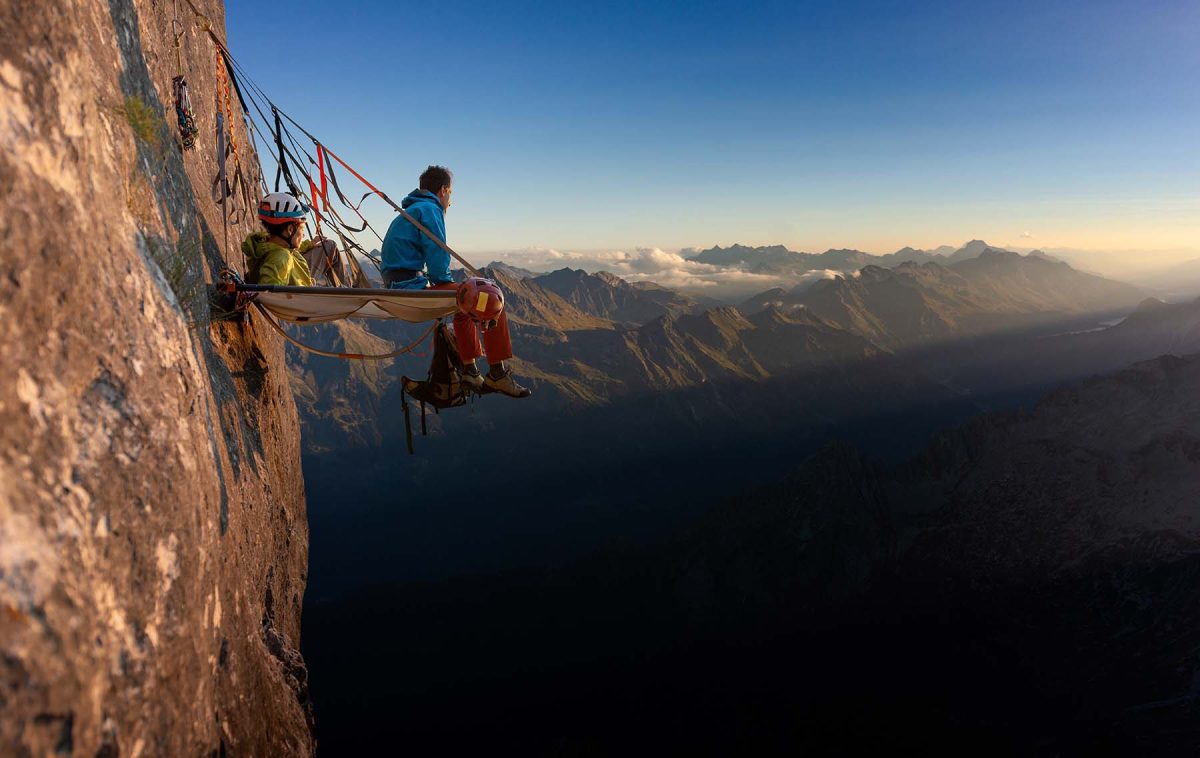
Wild and Beautiful Quebec, a Destination for Adventure Travel
Quebec features vast wilderness areas, thousands of lakes and rivers, snowy mountain ranges, boreal forests (taiga), and arctic tundra.
Quebec’s diverse, beautiful and wild landscapes make it an international destination for skiing, snowboarding, mountaineering, rock climbing, hiking, paddling and other outdoor adventures.
But exploring Quebec’s natural splendors isn’t without risk.
In January 2020, five snowmobilers fell through the ice on a snowmobile trip while crossing Lac Saint-Jean in Quebec. Their guide returned to help them, but became partly submerged in the icy water. All six died.
Following the snowmobiling incident, the Quebec government instituted a requirement for adventure tourism operators to be accredited by Aventure Écotourisme Québec, in order to receive funding from the Quebec government. The government provided AEQ with CDN 200,000 to handle the influx of new accreditation requests. The government also announced a mandatory training program for off-road vehicle guides and excursion participants.
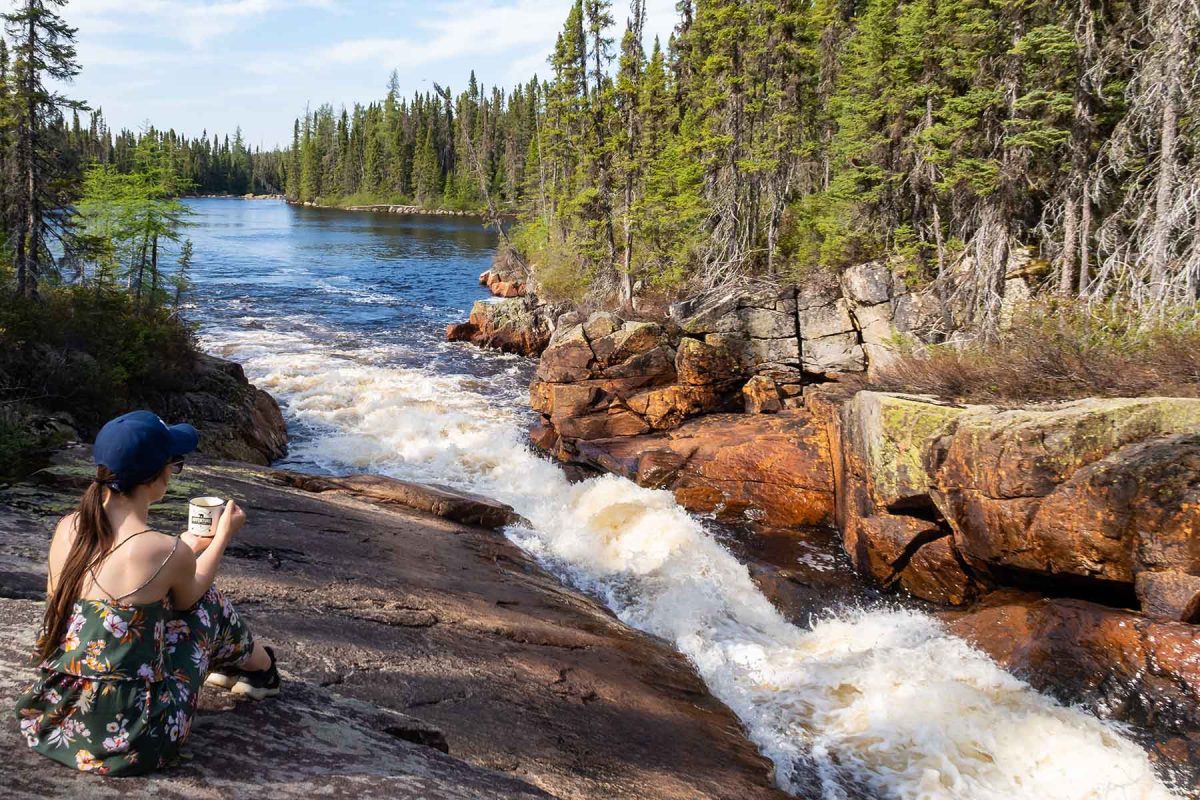
AEQ’s Adventure Safety Accreditation Standards
AEQ’s 71-page Accreditation Program manual, updated in 2025, has some 60 general standards, plus additional activity-specific standards.
Standards are divided into two categories, ‘essential’ and ‘important’ standards. Non-compliance with ‘essential’ standards must be corrected within a maximum of 10 days; the association gives 45 days to correct non-compliance with ‘important’ standards.
General standards cover program administration, risk management practices, information for customers, emergency planning, guide requirements, and equipment.
Winter activities covered by the standards include ice climbing, snowmobiling, snowshoeing, skiing, and dogsledding.
Water-based activities covered include canoeing (including the use of large rabaska canoes), kayaking, rafting, riverboarding and sailing.
Land-based activities covered include canyoning, bicycling, climbing, horseback riding, motorized activities like quad biking, zipline, and via ferrata.
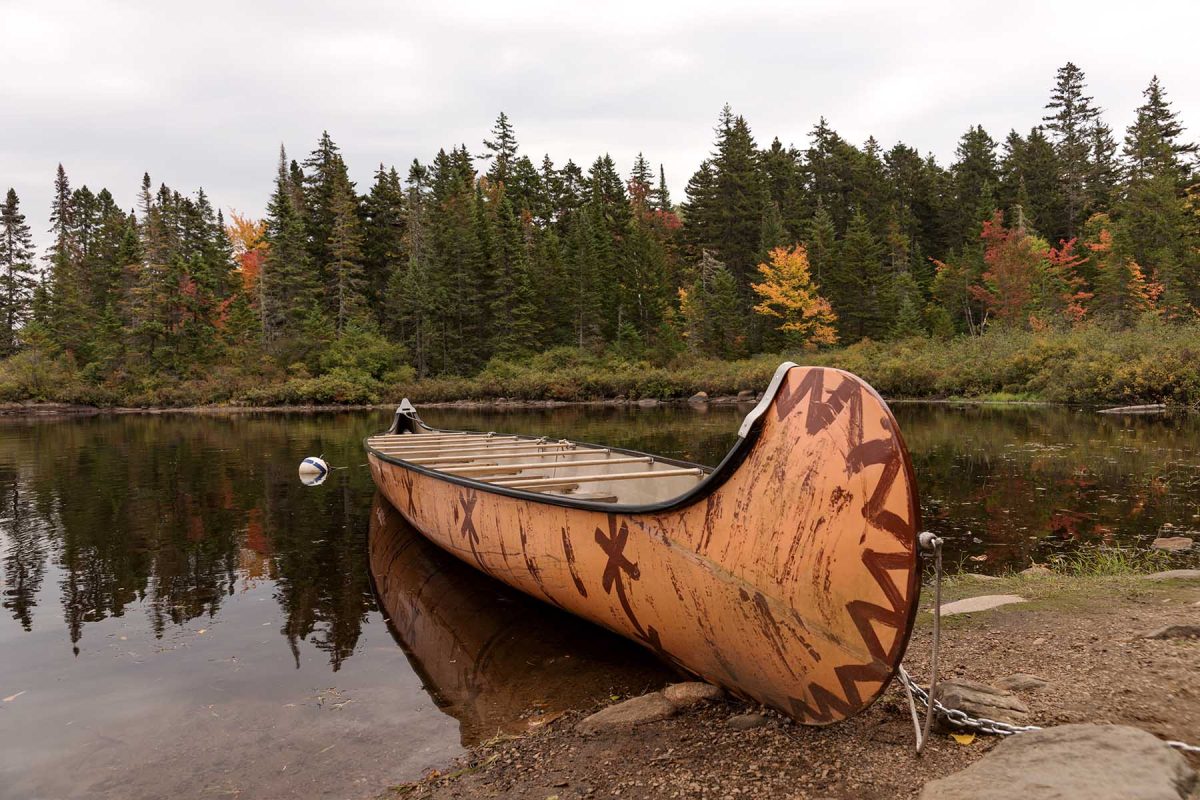
Adventure activity providers seeking accreditation must demonstrate that they have knowledge of risks inherent in their activities, and have a plan to control, reduce or eliminate those risks.
Adventure providers must apply relevant prerequisites (such as through medical screening) for activity participation, appropriately train clients and provide safety instructions, and provide a first aid kit and safety equipment (such as helmets and PFDs).
Organizations must have emergency equipment such as rope bag and river knife, manage transportation risks, have criteria for canceling an activity, check the weather forecast and monitor weather conditions, and have a drug and alcohol policy.
The standards specify staff-to-participant supervision ratios, and provide detailed equipment requirements—such as a rope bag with carabiners for every three boats in whitewater canoeing, UIAA-conforming via ferrata PPE, and helmet and close-toed shoes for canyoning.
Standards also list specific certifications, such as River Technician 2 and a 40-hour remote/wilderness first aid training, for guides leading various activities.
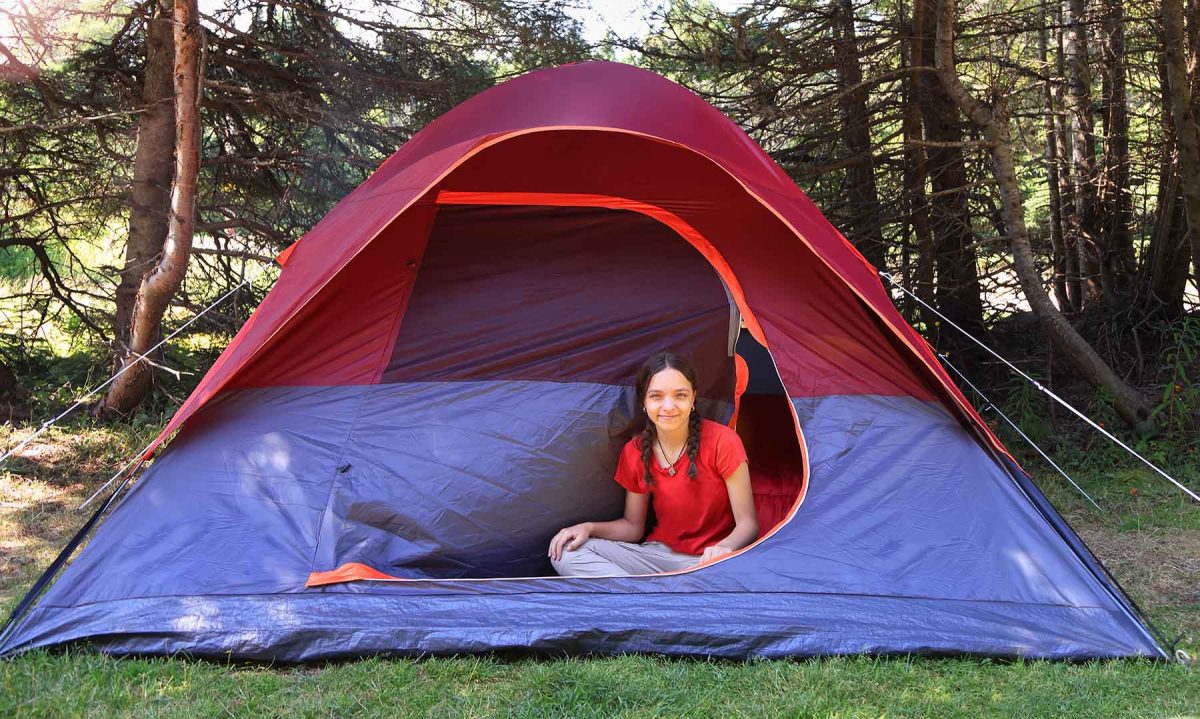
The Accreditation Process
Only adventure providers incorporated or registered in Quebec are eligible to become accredited by AEQ. Companies offering only what AEQ considers to be very low-risk outdoor activities, such as hiking on an easy trail with few or no obstacles, where individuals can receive emergency services in less than one hour, are not eligible.
In addition to documenting conformance to standards in writing, the accreditation process includes a site visit to evaluate whether standards are met—both on paper and in the field.
The accreditation visit occurs every three years. An additional accreditation visit may occur, at the expense of the adventure provider, if there are complaints or major incidents.
AEQ Supports Safety Training with Quebec Outdoor Network
AEQ does more than offer a safety and quality accreditation program.
The association collaborated with the Quebec Outdoor Network (Le Réseau plein air Québec, RPAQ) in the development of activity-specific training programs aligned with AEQ’s adventure safety accreditation standards.
RPAQ is a network of 11 associations involved in paddlesports, caving, climbing, underwater activities (from scuba diving to underwater hockey), sailing, skiing and other outdoor activities in Quebec.
AEQ and the Quebec Outdoor Network, along with the Quebec Camps Association, the Association of Regional Parks of Quebec, and the Federation of Physical Educators and Teachers of Quebec, created a set of risk management resources.
These resources include explanatory handouts, videos, and templates for planning trips and responding to emergencies.
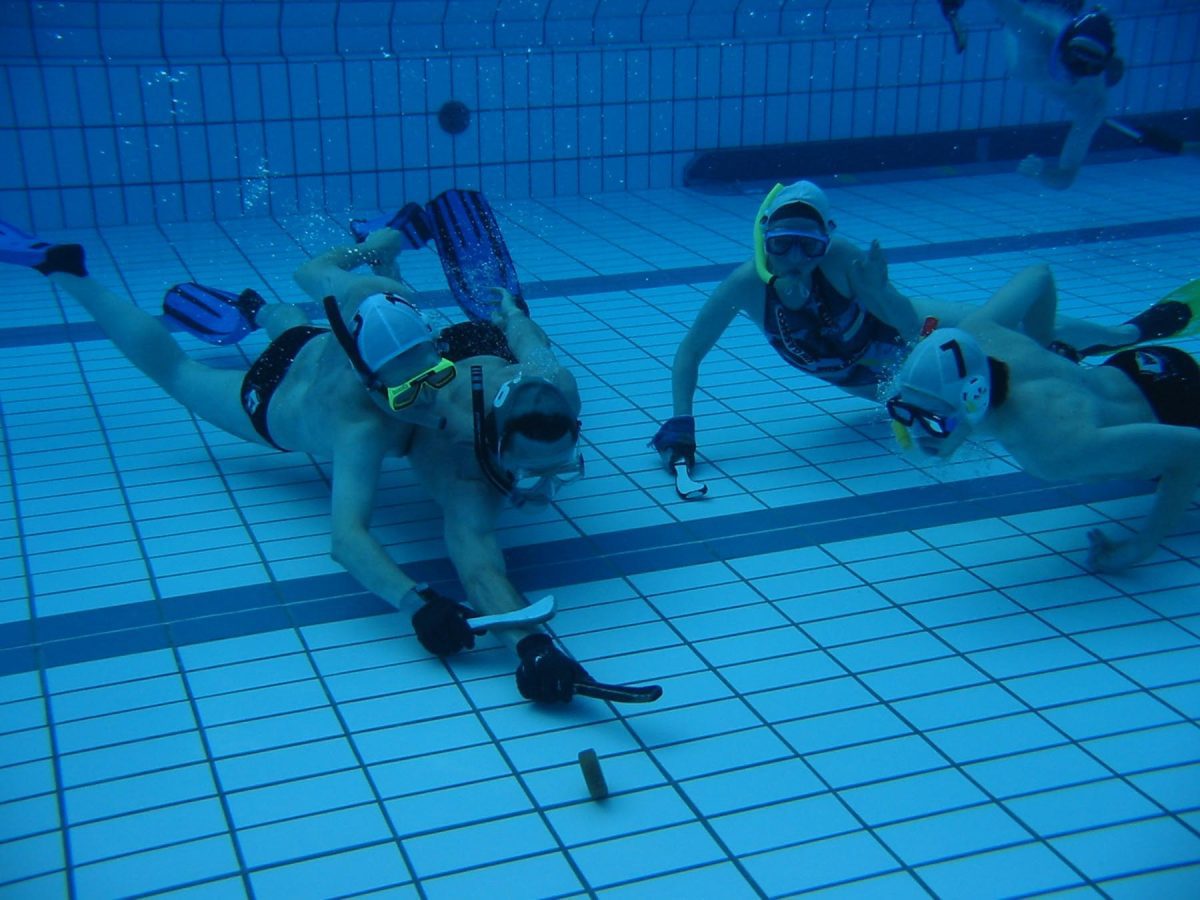
Accreditation, AEQ and the Quebec Camps Association
Both AEQ and the Quebec Camps Association (Association des camps du Québec, ACQ) offer an accreditation program for organizations which engage in outdoor and adventure activities in the province.
The two accreditation programs are similar in some respects. For example, both have standards regarding first aid kits, PFD use, and supervision ratios.
Adventure activity standards for the camp association are more general, however, than the adventure and ecotourism association’s highly detailed adventure safety standards.
The camp association has standards for facilities, such as lighting and fire protection systems—which AEQ, not being focused on residential programming, does not. The camp accreditation program also has additional requirements regarding topics such as bullying prevention, street crossing, safety posters and evacuation drills.
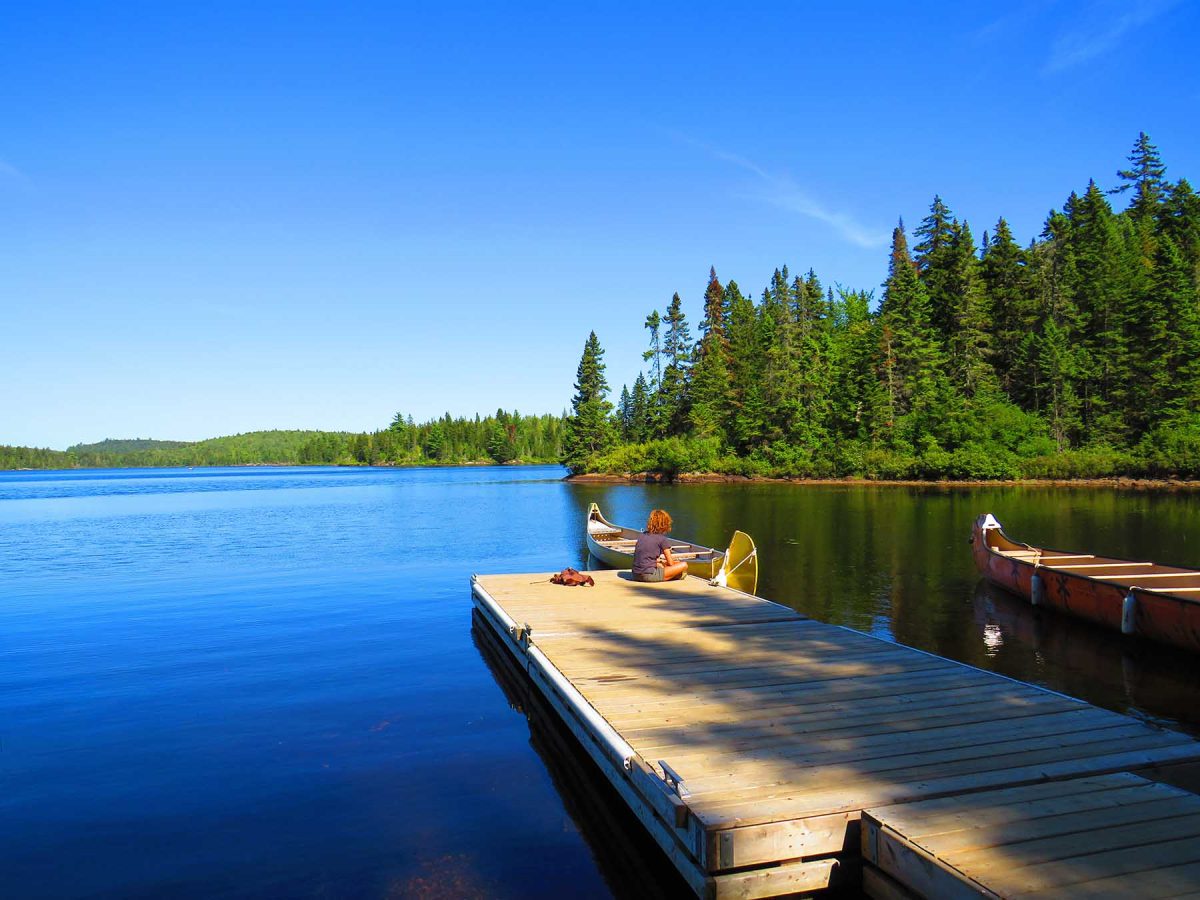
Other Adventure Safety Accreditation Options
Aventure Écotourisme Québec is recognized as a leading provider of adventure safety accreditation services, for providers based in Quebec. Adventure providers outside of the province have other options for being recognized for conformance to recognized safety standards.
In the UK, Adventuremark and the Learning Outside the Classroom Quality Badge for Adventurous Activities recognize providers who meet UK-specific adventure safety standards.
A variety of camp associations in Canada, the USA and Australia offer accreditation programs, and the Association for Challenge Course Technology accredits challenge courses, aerial adventure/trekking parks, zip lines, and canopy tour sites that meet ACCT standards.
Viristar offers an Adventure Safety Accreditation program for providers of adventurous activities anywhere in the world.
Additional details on these and other adventure safety accreditation options are available here.
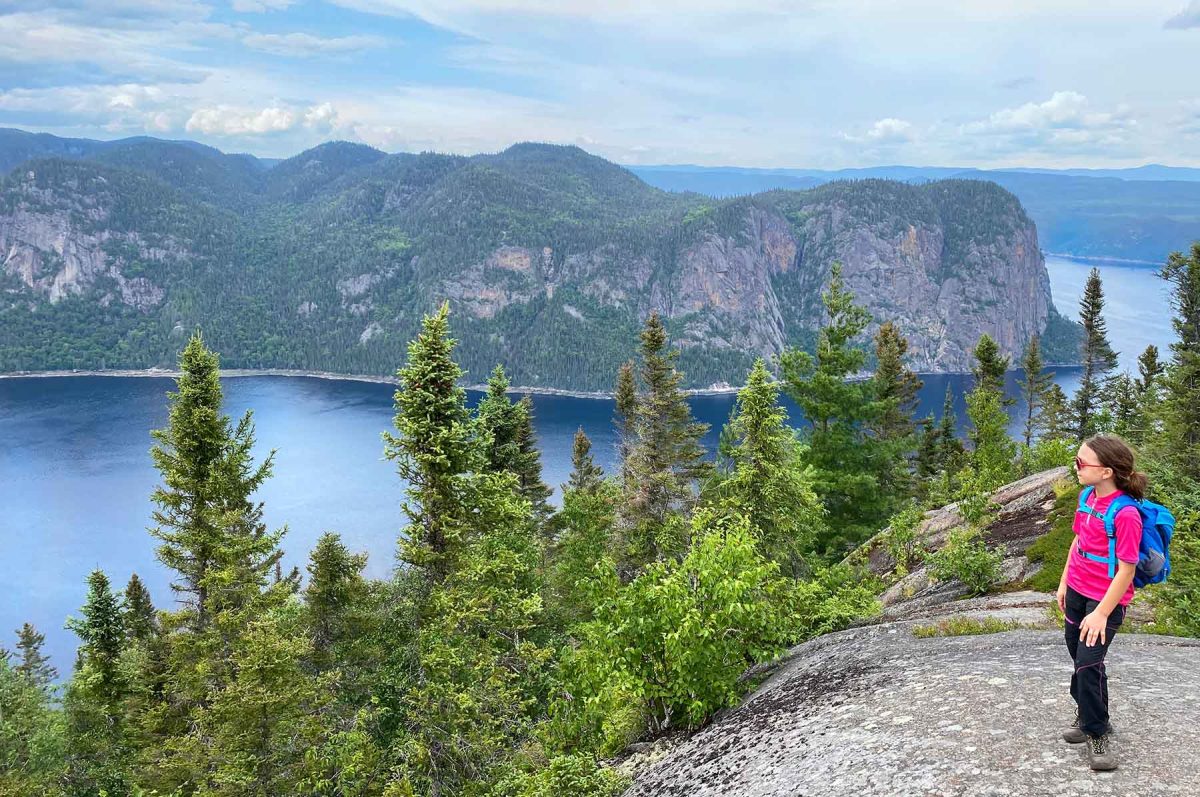
Conclusion
Aventure Écotourisme Québec has been working since its founding in 1990 to support its members in adopting high standards of quality and safety.
The association has 250 accredited members, which offer some 50 different types of outdoor activities in all seasons.
Viristar, which has provided training and consulting services to outdoor and adventure professionals and organizations in most of Canada’s 13 provinces and territories, first became acquainted with AEQ’s accreditation program while providing outdoor risk management training for a safety officer with Nunavik Parks, part of the Kativik Regional Government in northern Quebec. AEQ’s accreditation program stood out for being comprehensive, detailed, and widely adopted across the province.
With a well-developed set of adventure safety standards, and a well-established program for accrediting adventure providers in Quebec who meet those standards, Aventure Écotourisme Québec provides a valuable service to anyone seeking outdoor adventures in Quebec, and is an important role model for organizations seeking excellence in risk management for adventurous activities.
